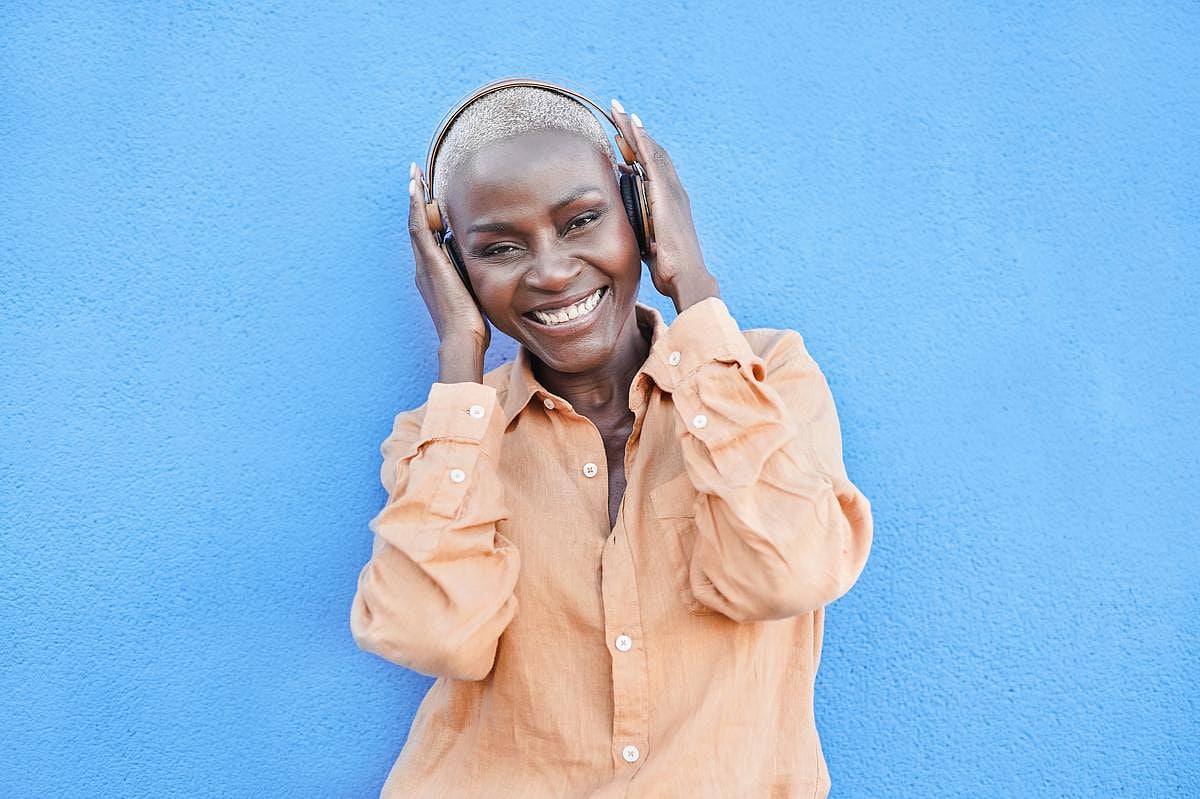Get Healthy!

- Posted September 2, 2025
Feel the Beat: Music Might Help Regulate Blood Pressure
Everyone probably knows the phrase "music hath charms to soothe the savage breast," and new research suggests it may do the same for heart health.
A small study found that blood pressure appears to "synchronize" to patterns in music. British researchers say that might help boost the body's baroreflex sensitivity — its ability to regulate blood pressure.
The new findings could have wide-ranging implications for health, according to lead author Elaine Chew. She's a trained pianist and professor of engineering at King’s College London.
“This research raises the intriguing possibility that we could design music therapies to elicit specific biological responses in the future," Chew explained. "This could be tailored specifically to individuals, bringing us closer to music as precision medicine. In the longer term, one day we may be able to use music to prevent heart disease or slow, arrest, or reverse its progression."
The findings were presented Thursday at the European Society of Cardiology (ESC) meeting in Madrid.
Chew's research focused on an aspect of music called "phrase structure." During a performance, musicians alter the tempo and loudness of music to mark the boundaries of phrases within the piece, creating pleasing musical patterns that people are drawn to.
Some musical pieces have a more predictable phrase structure than others, the researchers noted.
Prior research by the team had already found that predictable phrasing in songs appeared to help regulate breathing and heart rate. They wondered if the same might be true for blood pressure.
To find out, Chew and colleagues tracked the heart activity of 92 people as they listened to nine of 30 recorded piano music tracks, performed by renowned pianists. Participants averaged 42 years of age.
A computer algorithm spotted each selection's "music tempo and loudness phrase arc boundaries," the researchers explained in an ESC news release.
They were looking specifically at "entrainment": The body's ability to synchronize physiological rhythms to external stimuli, such as music.
In most cases, blood pressure "entrained" to changes in music's loudness more readily than to changes in tempo, the study showed.
Overall, the predictability of a piece of music's phrasing was highly linked to a listener's blood pressure synchronizing with the music, Chew and colleagues noted. This might strengthen the body's ability to regulate blood pressure in healthy ways, they theorized.
All of this makes intuitive sense, according to Chew.
“Throughout time and across cultures, humans have moved and grooved to music," she explained. "There are likely to be biological and social advantages to being able to coordinate our actions to an external rhythm, such as people on a boat synchronizing their rowing.”
This sort of coordinated action requires an abiity to anticipate the beginnings and ends of rhythm cycles, Chew said.
"It is this anticipation that likely influences our cardiorespiratory cycles," she added. "It feels good to synchronize to musical structures — research has found that music uses the same reward system as food, sex and drugs."
Because these findings were presented at a medical meeting, they should be considered preliminary until published in a peer-reviewed journal.
More information
There's more on blood pressure at the American Heart Association.
SOURCE: European Society of Cardiology, news release, Aug. 28, 2025





